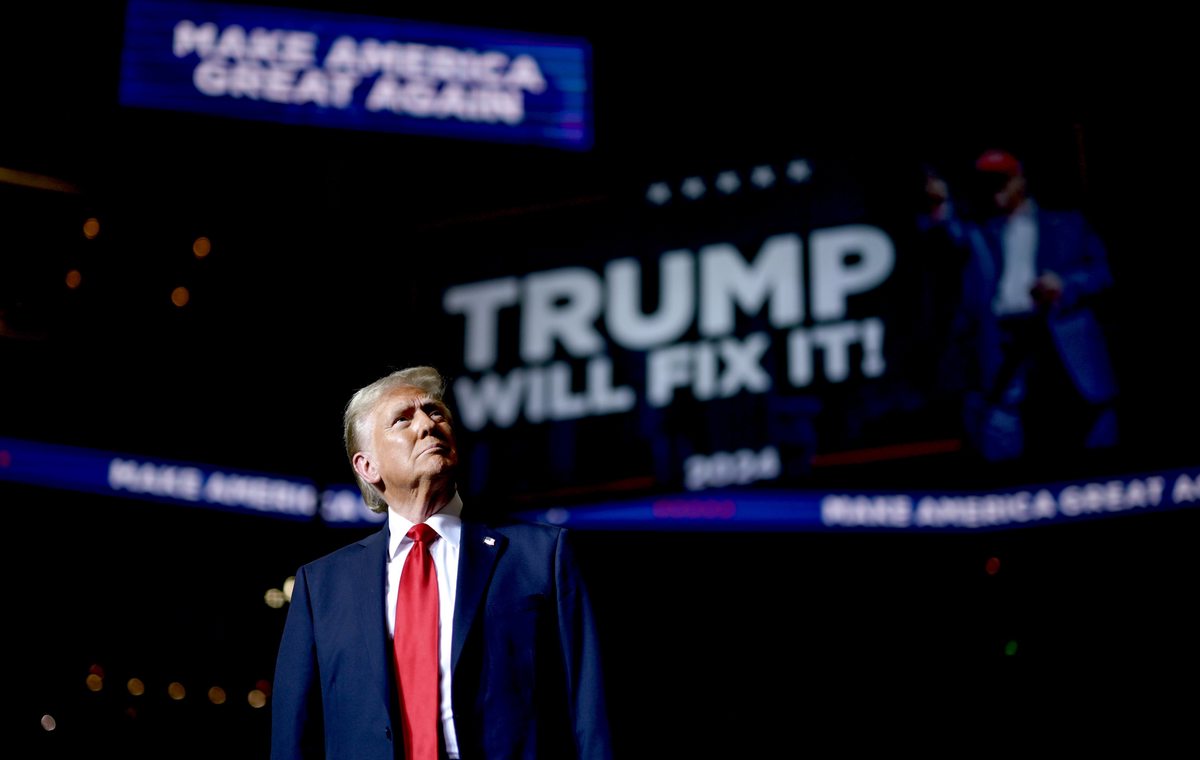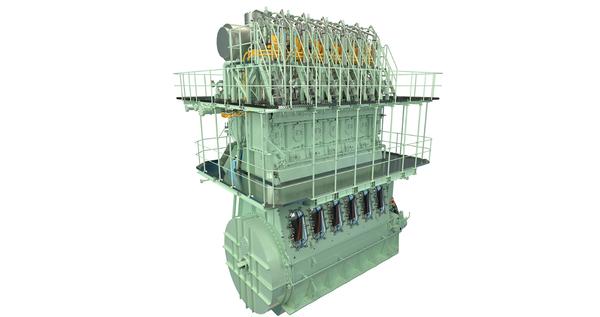How Trump could shake up an already strained Chinese UCO market
With EU importers avoiding Chinese biodiesel imports amid an ongoing EU investigation, Donald Trump’s expected tariffs on Chinese imports could deliver a major blow to the country’s UCO export market.
 PHOTO: US President-elect Donald Trump. Via the X account (formerly Twitter) of Donald Trump
PHOTO: US President-elect Donald Trump. Via the X account (formerly Twitter) of Donald Trump
Now that Donald Trump has won the US presidential election by a decisive majority, he is likely to intensify his previously criticised trade wars, especially targeting China, which he has often labelled as the biggest trade violator.
In a statement from 2020, during his previous term as president, Trump said that China “ripped off the United States like no one has ever done before.” His current stance appears unlikely to differ from his earlier position.
Trump’s return could bring back tariffs as high as 60% on Chinese goods, according to several media outlets.
US tariffs might also extend to imports of used cooking oil (UCO) from China. His previous trade approach often involved broad-ranging and steep tariffs aimed at reducing US reliance on foreign imports, to shift the trade balances in favour of domestic industries.
“I think there is a possibility that Trump will apply tariff on Chinese UCO imports, even all products from all over the world, not only Chinese products, as that has been his style,” a Chinese biofuel trader told ENGINE.
The trader believes that tariffs could hit the Chinese UCO market hard. If imposed, these tariffs might drive Chinese UCO prices down, as the US is a major importer, while European demand has already fallen due to ongoing investigations and anti-dumping duties on Chinese biodiesel imports. With two major markets disrupted, Chinese biodiesel exporters may struggle to find alternative destinations for their UCO exports.
"Yes, tariffs on Chinese UCO will impact UCO imports to the US significantly," Faris Razanah Zharfan, the founder of the Indonesian waste-based biofuel firm Beli Jelantah, told ENGINE.
"On the other side, it will be an opportunity for other countries to fill that gap in exporting UCO to the US, such as Indonesia, Malaysia, Canada, Australia, Colombia, etc.," Zharfan added.
He thinks that the upcoming US administration will prioritise first-generation biofuels derived from edible crops such as corn and soybean.
The Chinese government might also introduce policies to boost the domestic utilisation of UCO.
"China will implement a SAF [sustainable aviation fuel] mandate as soon as 2025, so they can absorb their own UCO," Zharfan said.
Could Chinese biofuel bunkering benefit?
Trump's potential tariffs on Chinese UCO might hurt the export market, but there could be an unexpected benefit for the country's own biofuel bunker industry. The Chinese government is working to promote use of biofuels in bunkering, sources said.
China's biodiesel industry is waiting for what could be a swift implementation of policies to boost biofuel bunkering.
“I anticipate that there will be mandatory [blending] measures and incentive policies in the future,” a Chinese trader said.
Some are lobbying to make biofuel blends VAT-free, just like VLSFO or other conventional bunker fuels sold to ocean-going vessels in Chinese ports. But it may take a long time for these measures to take shape and be implemented, the trader concludes.
Considering the large pool of UCO available in China, if biofuel blends become VAT-free, ports like Zhoushan could become a more attractive and cost-effective option for buyers looking to bunker biofuel in the region.
Singapore recently dethroned Rotterdam as the world's biggest port in terms of bio-blended bunker volumes. Suppliers in Singapore sold about 227,000 mt of bio-blended bunkers in the third quarter, about 40% more than what was sold in Rotterdam during the same period.
Singapore also imports UCO from China, and this steady supply stream benefits biofuel bunkering in the port. These imports are likely to continue as Singapore also has the world's largest refinery for SAF and hydrotreated vegetable oil (HVO), another source said.
While SAF is for air planes and HVO is not typically used for bunkering as much as fatty acid methyl ester (FAME) is, but Singapore will continue to draw UCO volumes from China to produce all three products.
UCO is typically reacted with methanol as a catalyst to produce used cooking oil methyl ester (UCOME). Many bio-bunker blends sold across the globe are derived from UCOME and can qualify for Proof of Sustainability (PoS) documentation, which is used to verify the sustainability of feedstocks and energy inputs.
By Nithin Chandran
Please get in touch with comments or additional info to news@engine.online






